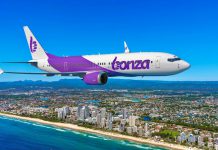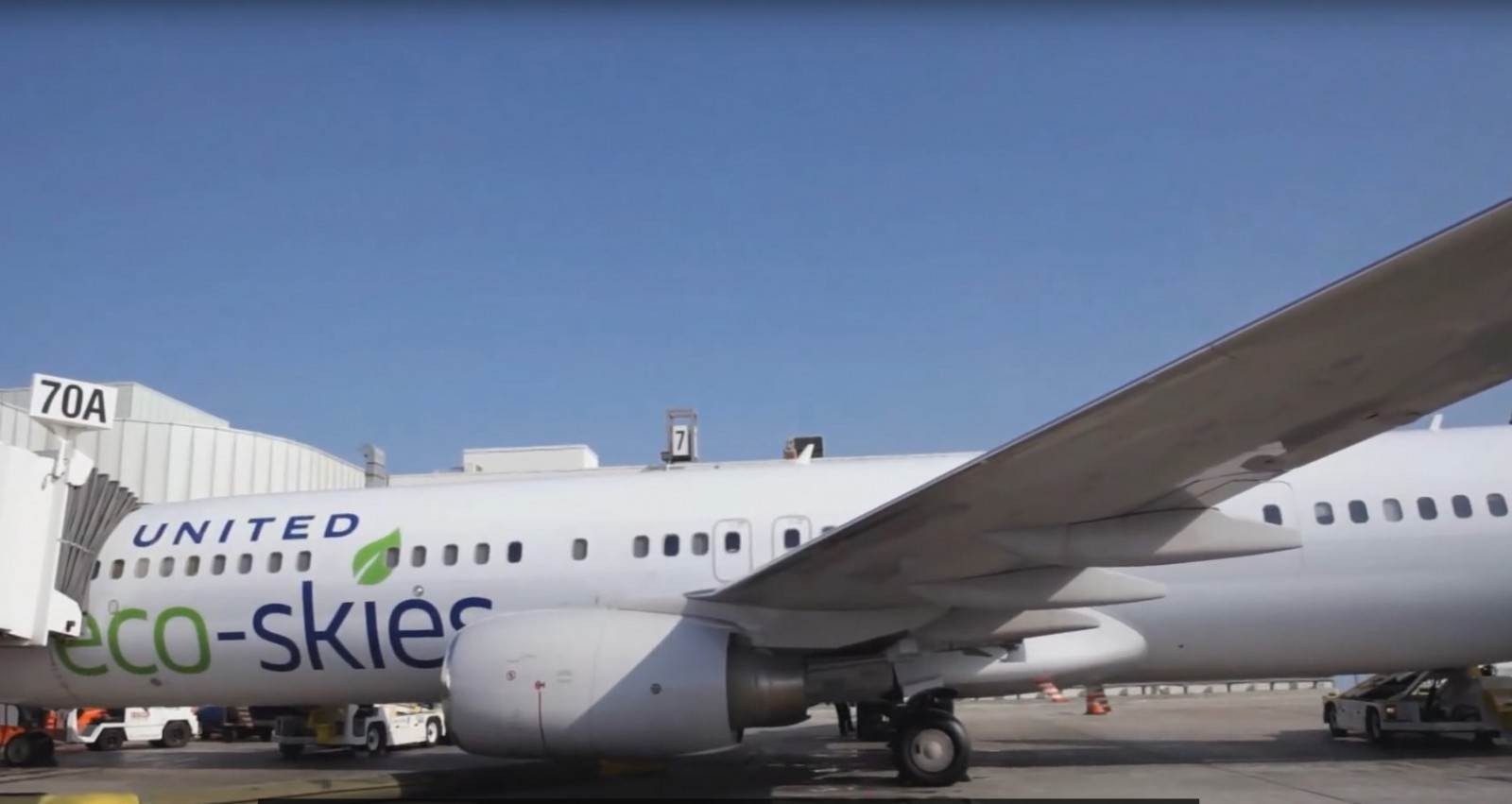The Biden administration is mulling a target date of 2050 for 100 percent use of sustainable aviation fuels in aircraft, according to reports from the US.
US media reports quoted sources as saying the administration is looking at incentives to support private-sector production of SAFs with the 2050 date in mind.
Government support for an alternative fuel industry is seen as vital to producing the kind of economies of scale that will make SAFs, currently two to three times more expensive than fossil fuels, economically viable for airlines.
While the Biden administration confirmed to US media that it was looking at SAFs, it did not comment publicly on the 2050 target date.
But it is expected to meet with industry groups later this month to discuss alternative aviation fuels.
“As part of the Build Back Better agenda, President Biden proposed catalytic investments to propel innovation and deployment of sustainable aviation fuels,” White House deputy national climate advisor Ali Zaidi told CNBC.
“The administration is committed to advancing climate solutions in every sector and segment of the economy – with the urgency that the climate crisis demands.”
READ: US air safety chief calls for curb on airport alcohol sales.
Although electric and hybrid-electric aircraft are seen as a possibility for short-haul routes, long-haul operations are expected to depend on liquid fuels for the foreseeable future.
SAFs can have a lifecycle reduction in carbon emissions of up to 80 percent and are produced from feedstocks ranging from cooking oil to specifically grown plants and sugar cane waste.
Thousands of flights have been conducted using SAF blends as a drop-in option and work is underway to test engines and fuel systems to make sure they operate safely with 100 percent SAFs.
But just 0.05 percent of the global aviation fuel supply will be SAFs in 2021, according to the International Air Transport Association.
This is why the aviation industry is lobbying hard for government support such as tax incentives for SAF production.
US lawmakers are currently debating a push by politicians Brad Schneider, Dan Kildee and Julia Brownley to introduce legislation establishing a blender’s tax credit for SAFs.
Industry trade group Airlines for America (A4A) says the tax credit would spur production, supporting jobs and energy production, while helping the US airline industry reach its goal of eliminating net carbon emissions by 2050.
























